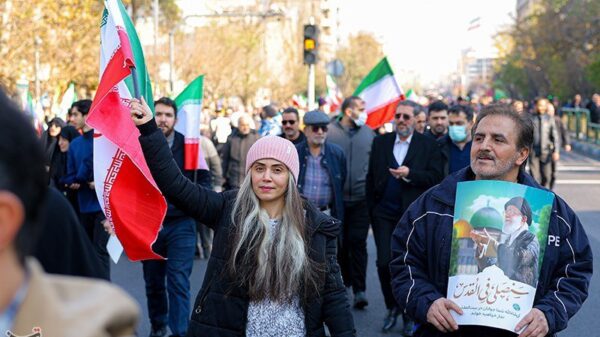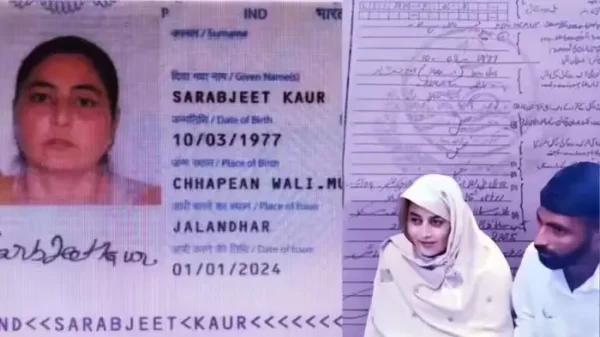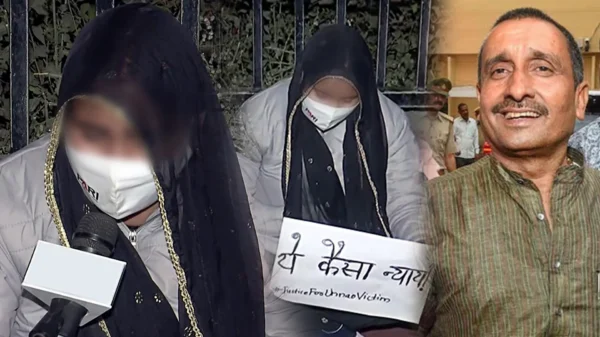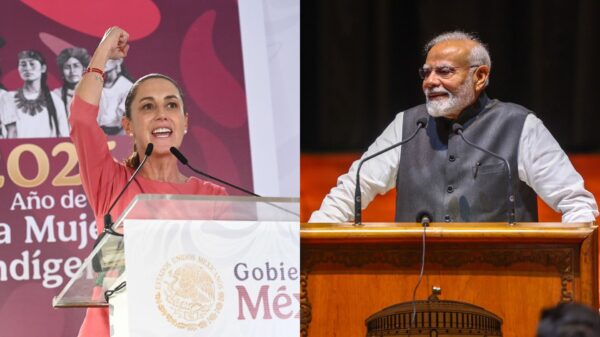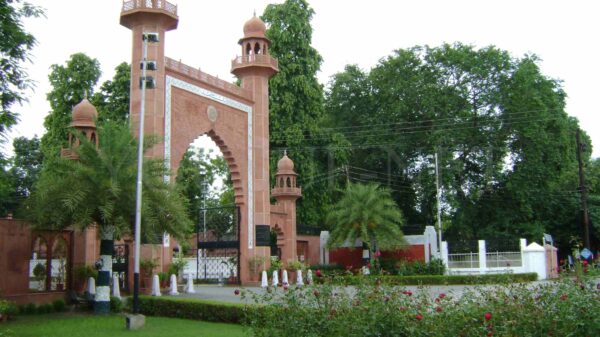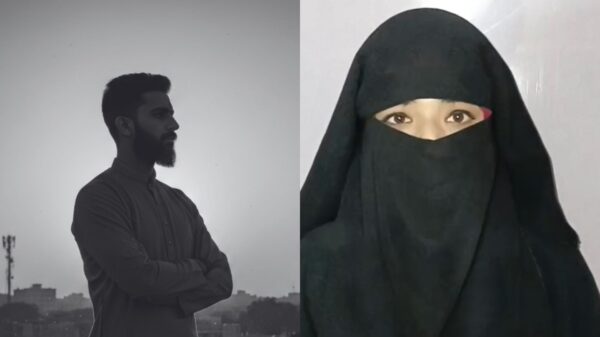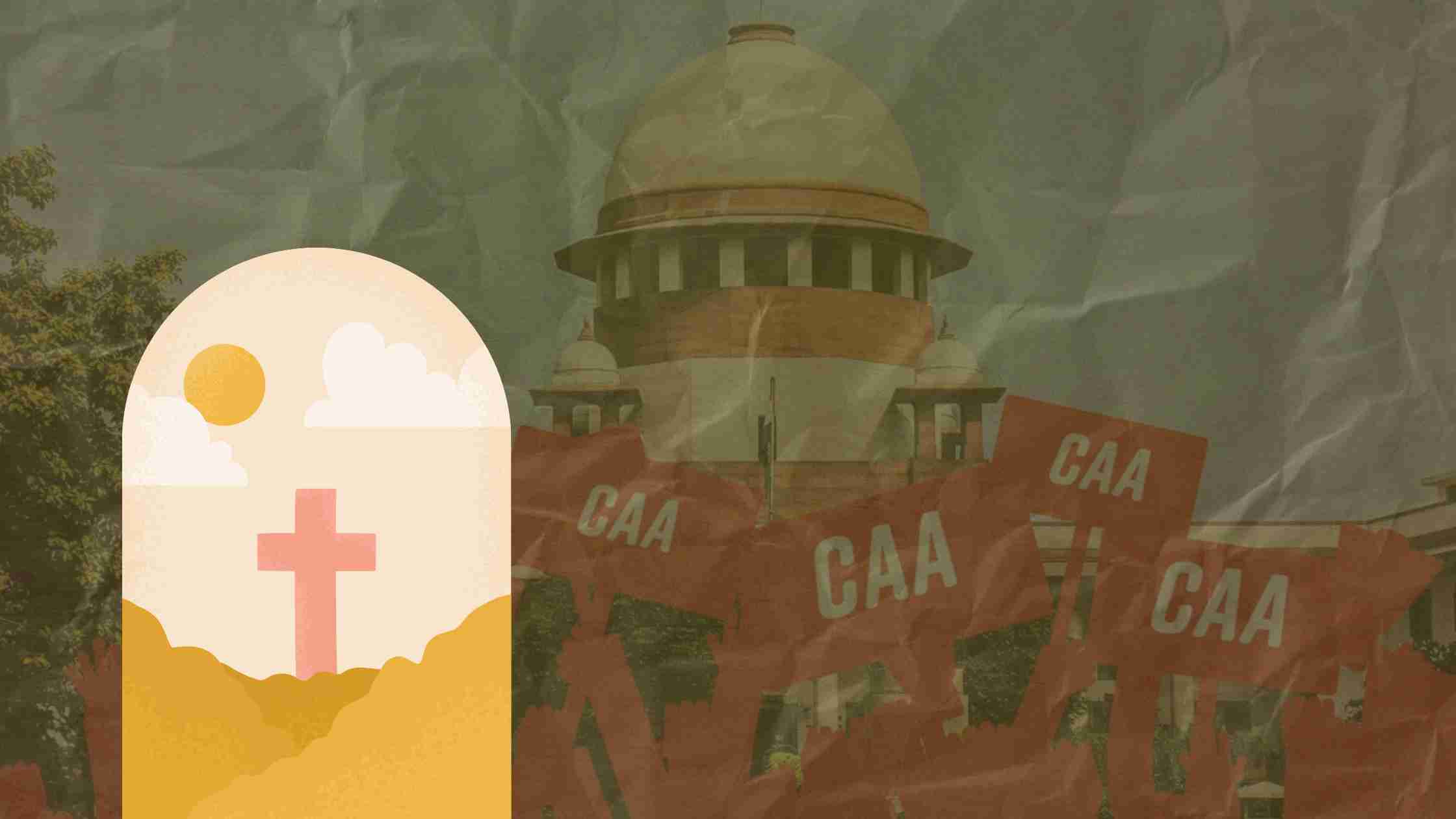The Supreme Court has declined to entertain a plea by Jude Mendes, a 38-year-old Goa-born Pakistani Catholic man, seeking Indian citizenship under the Citizenship Amendment Act (CAA) on grounds of religious persecution in Pakistan. The court directed him to approach the Bombay High Court for appropriate relief.
Mendes, a chef currently working in Goa, migrated to India in 2016 — six years after the CAA’s cut-off date of January 1, 2014, for eligible applicants. Born in Goa in 1987 to a Pakistani national, Mendes was taken to Pakistan soon after birth, where he completed his studies in Karachi.
In 2020, he married an Indian woman and was issued an Aadhaar card. He has been staying in India on a long-term visa, which is valid until June 20.
Represented by Advocate Raghav Awasthi, Mendes sought a direction from the court to grant him citizenship under the CAA or at least extend his visa. “He is a Roman Catholic born in India, a highly persecuted minority in Pakistan, and he fears for his life if forced to return,” the lawyer told the bench of Justices Prashant Kumar Mishra and Manmohan.
The petitioner also expressed fear about renewing his Pakistani passport, which expires on June 20, citing threats to his life due to his Indian links and Christian faith.
The court, however, refrained from issuing any directive and instead advised Mendes to file a petition in the Bombay High Court.
India had recently cancelled visas of Pakistani nationals following the April 22 Pahalgam terror attack in Jammu & Kashmir. However, Mendes’ long-term visa remains valid.
While the CAA is aimed at granting Indian citizenship to religiously persecuted minorities from Pakistan, Bangladesh, and Afghanistan, it explicitly requires that applicants must have entered India before January 1, 2014 — a criterion Mendes does not fulfill.














